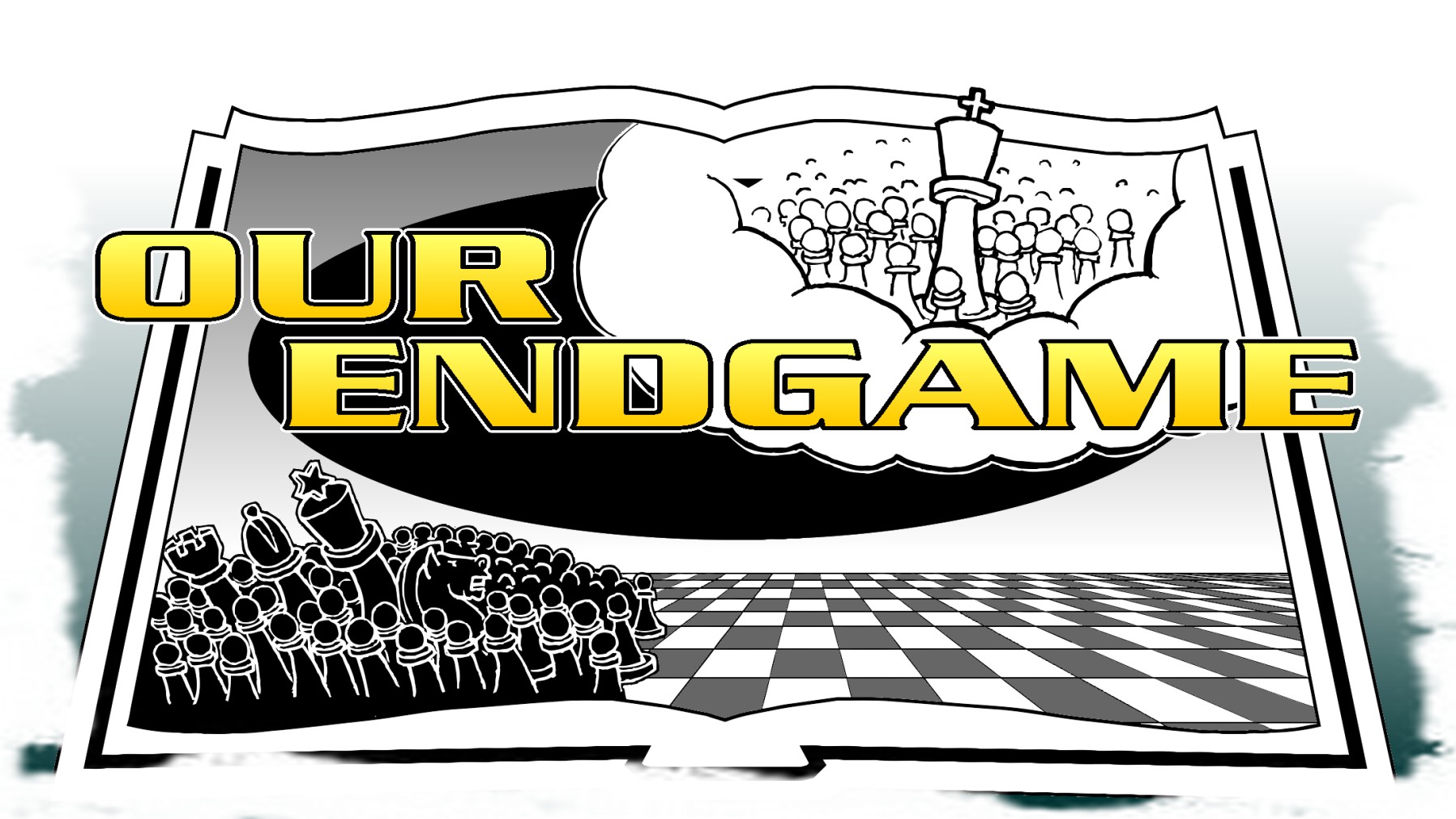Whoever thinks that he understands the Scriptures, or any part of them, but puts such an interpretation upon them as does not tend to build up this twofold love of God and our neighbor, does not yet understand them as he ought.
— St. Augustine of Hippo
Concerning the crossing of the Red Sea in Exodus 14, if you feel that the Egyptians were treated unfairly, or that the rejoicing of the Israelites is unsavory, it’s possible you have no memory of what it is like to be oppressed. If you were ever an actual slave, you might better understand the rejoicing of Israel, and discern the importance of the terrible consequence that befalls the Egyptians.
There is a midrash that says that the angels began to join the song of the Israelites and that God asked them to be silent; that he was grieving for his children, the Egyptians, who had drowned, and for their firstborn lost in the plague of death, and though the rejoicing of the Israelites was understandable, for justice was visited on the Egyptians, heaven would remain silent, remembering the enemies of Israel whom God yet loves.
Though Paul reminds us that the Israelite’s passage on dry land through the Red Sea, from bondage and death in Egypt to a new life of freedom, is a foreshadow of our baptism, there is one crucial difference between their baptism and Christ’s, between their baptism and ours.
Like Christ, and unlike Israel, we get wet. Christ descends into the Jordan River and is “drowned” in the baptism of John, identifying with the enemies of God, with Pharaoh and his armies, drawing near to sinners in every age of the world. Our baptism likewise initiates us into the company of every human person, to solidarity with all sinners, not only the oppressed, but also the oppressors.
As surely as I live, declares the Sovereign Lord, I take no pleasure in the death of the wicked, but rather that they turn from their ways and live.
— Ezekiel 33:11
